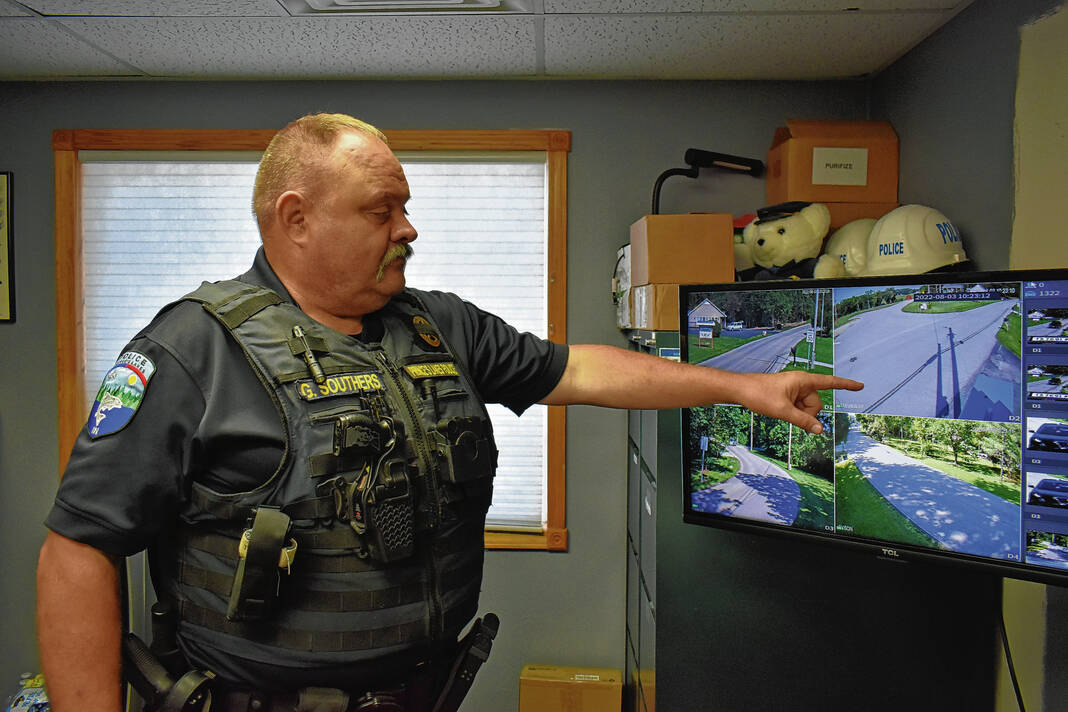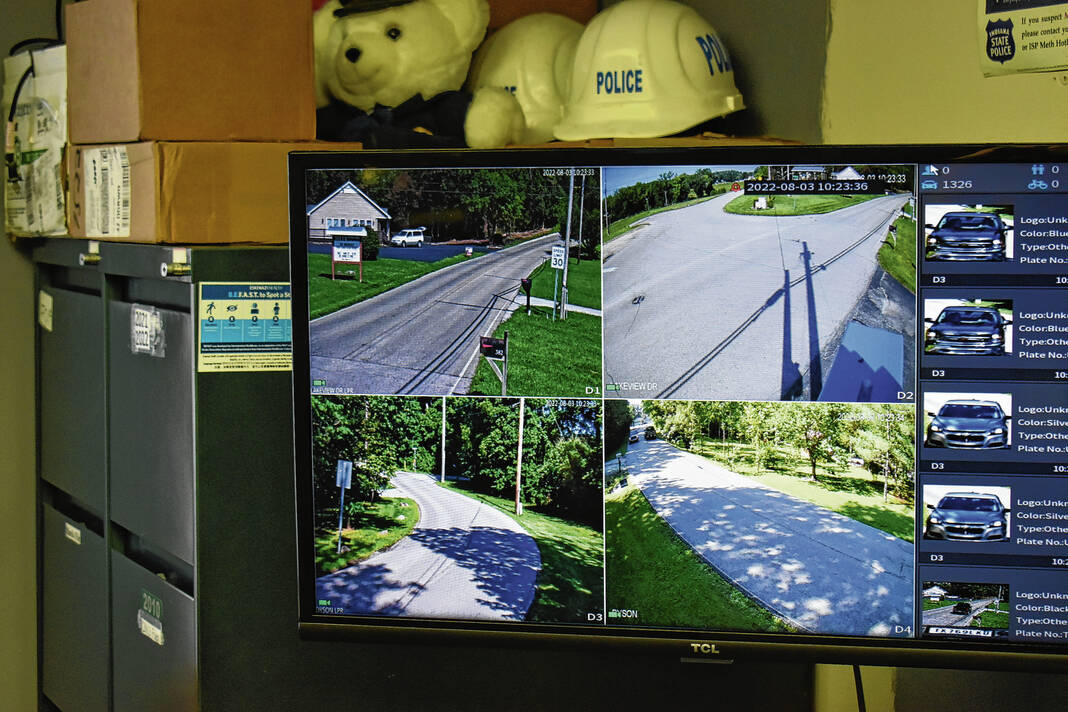Police in Prince’s Lakes have added safety cameras to town entrances in a measure officials say is both proactive and reactive.
The Prince’s Lakes Police Department (PLPD) has partnered with Cable-TEC, a company that provides safety camera sales and service, to mount and install safety cameras on poles strategically placed at the two entry/exit points of the town, Police Chief Greg Southers announced in a news release Friday.
The cameras will provide officers will real-time data to capture the make, model, color and license plate from the rear of vehicles as they enter and exit the town. They will also capture actionable evidence and send real-time footage to officers as well, the news release said.
For over the year, the department and town officials have been working to purchase and install the cameras. Last summer, an acquaintance of Southers, told him about a less expensive version of license plate reader cameras. The acquaintance was looking to install them for customers, Southers said.
After doing some research, Southers was able to set up a demonstration with members of the town board in attendance around July 2021. The town board liked the cameras and the company they came from, so the town purchased the cameras for between $5,000 to $6,000, including installation fees, Southers said.
This cost included installation and equipment. With the exception of the internet bill for the system, there are no additional fees expected. Even with the internet bill, the fees are not expected to be that much, he said.
The cameras will help the department to be both proactive and reactive when it comes to preventing and solving crimes. The town has recently had some early morning crimes that prompted the need for cameras.
“We’ve had some early morning crimes — vehicles being broken into — and recently we had some street signs and ‘Welcome to Prince’s Lakes’ signs stolen in early hours,” Southers said.
The cameras are also capable of recording footage at night, a system that works very well, he said.
“It can’t catch them all, but it does a good job at catching most of them,” Southers said.
The cameras will not be used for traffic enforcement and there is no facial recognition technology built into them. When new technology is introduced, there is generally a question about whether it’s tracking citizens’ movements. The new system is not doing that, Southers said.
The data collected is securely stored on a hard drive and is automatically deleted roughly every 30 days on a rolling basis. It is not being sold or shared with third parties, he said.
The difference between the camera system Prince’s Lakes is using compared to the FLOCK license plate reader systems used by the Johnson County Sheriff’s Office and other area police departments is that Prince’s Lakes cameras are not linked to any statewide system. They are only accessible by the local department, Southers said.
Additionally, the cameras’ have no capability to run the plates and are only set up to record video so officers can look back and recover plate information. However, officers can use the recorded video to look up plates in another system, he said.
PLPD’s cameras also allow the footage to be downloaded and accessed on officers’ phones, meaning that if one officer is by themself covering one entrance to town, they can use their phone to remotely monitor the other entrance, Southers said.
The police department is not spying on people with the cameras and is not keeping tabs on people coming and going with them, Southers said. The cameras are being used to watch intersections and as an investigative tool when crimes do happen in town.
“I’ve been involved in law enforcement for 35 years; this is just something that the people of Prince’s Lakes can (use to) feel safer,” Southers said. “It’s going to assist us, as the police department, with keeping an eye on the intersections and help us fall back to it as an investigative tool.”









